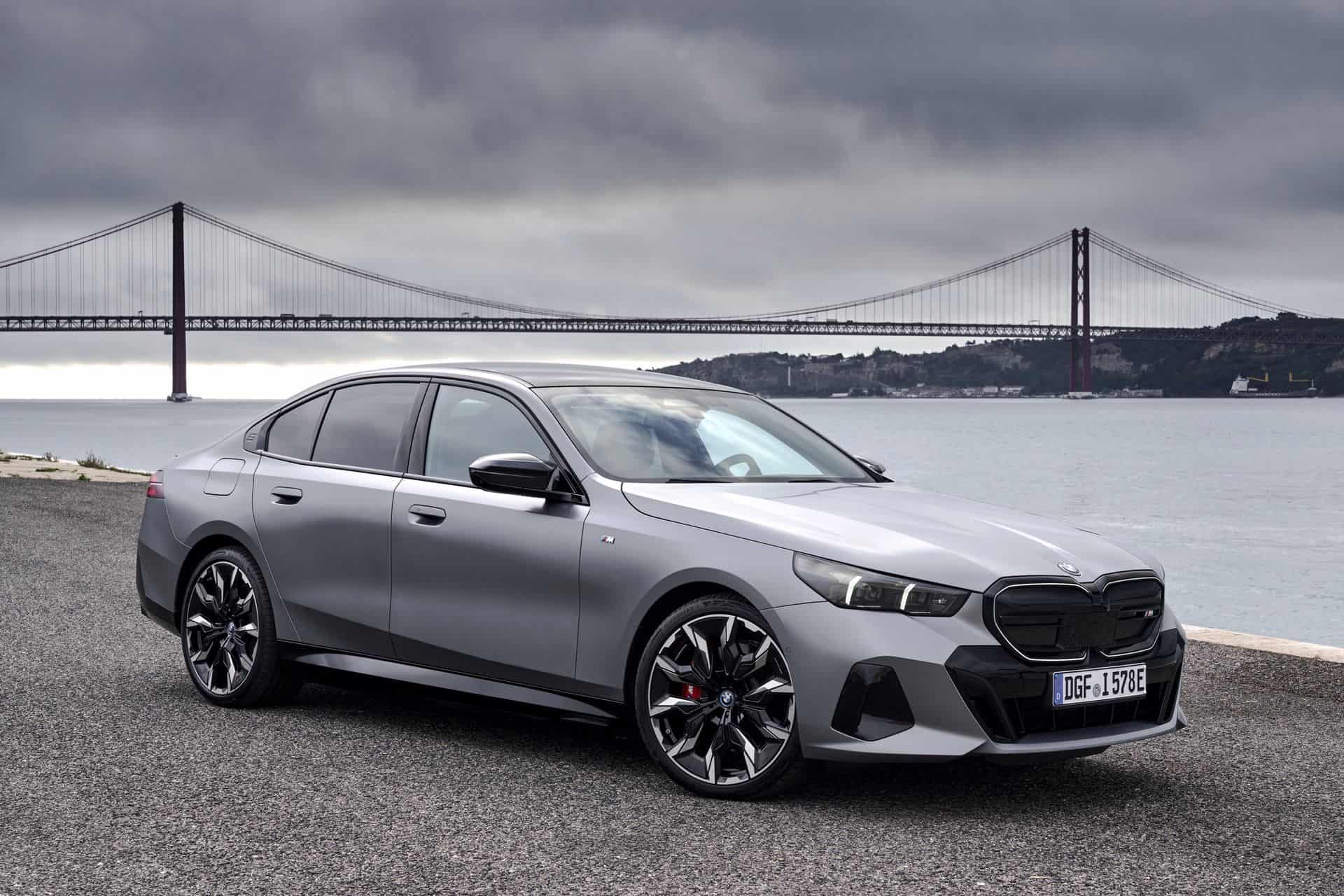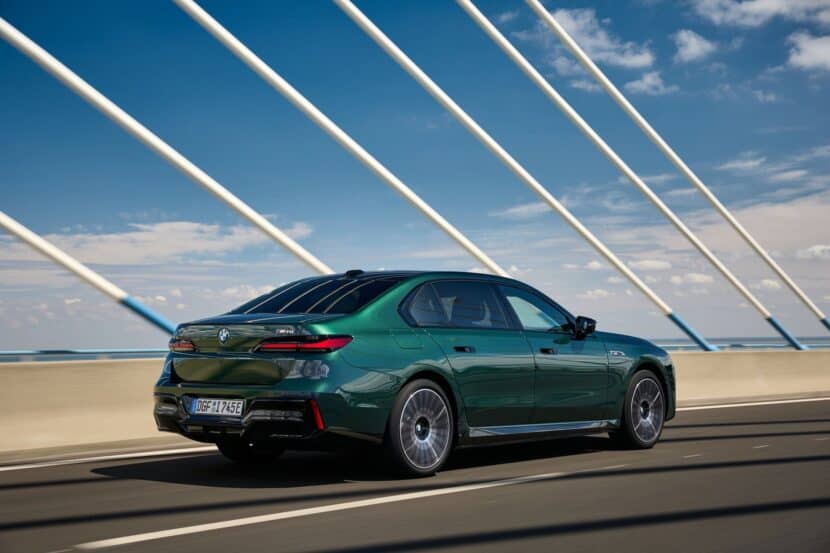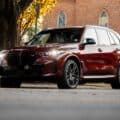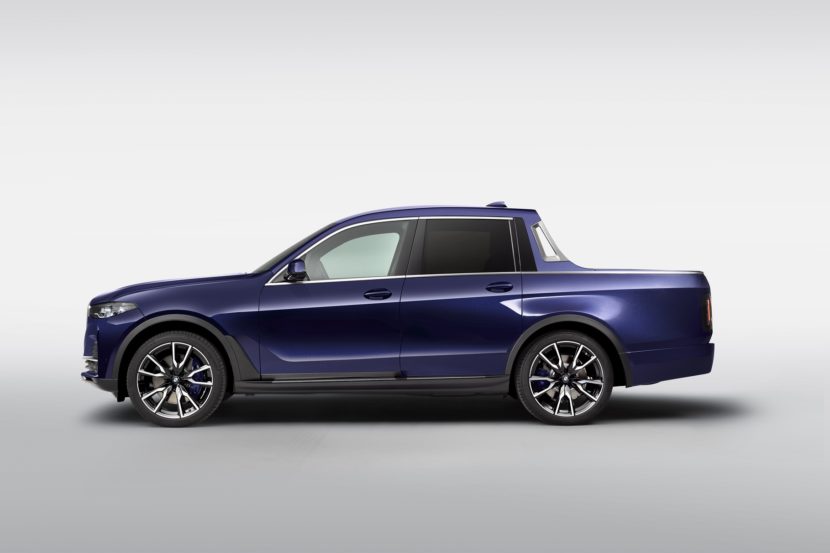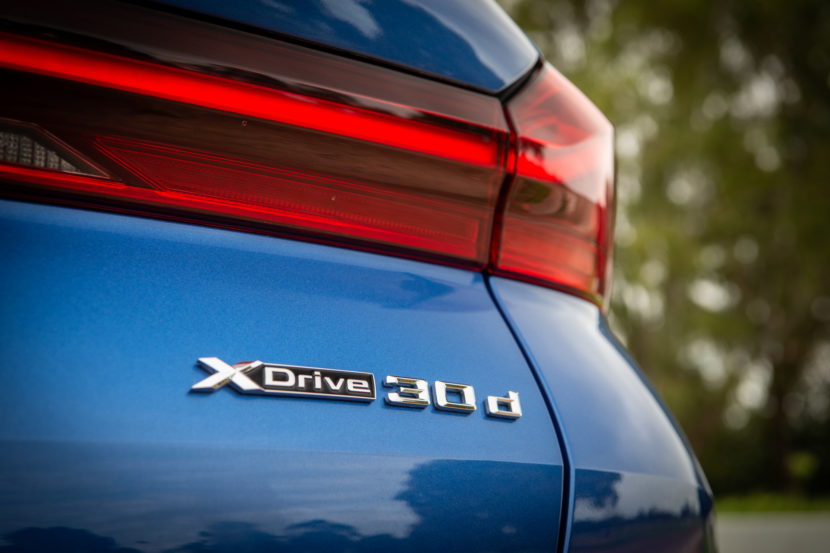A new study conducted by Edmunds and cited by Automotive News shows a BMW dealer needs significantly less time to sell an electric vehicle in the United States than a Mercedes-Benz dealer. The analysis compiled data from September and revealed an “i” model spent an average of 38 days on the dealer’s lot before being sold to a customer. Mercedes took more than double the time to sell an “EQ” model as dealers needed a whopping 82 days.
Not only did BMW perform better than its archrival but it also had a much shorter turn rate than the industry average in the luxury segment of 57 days. In September 2023, the Munich-based marque also bested Audi as the E-Tron cars carrying the Four Rings are part of a dealer’s inventory for about 46 days before finding a new home. According to the same study, BMW had 80% EV lease penetration in September while Mercedes had only 43%. The segment average was 73%.
Much like BMW has decided against bringing the iX1 and iX2 to the United States, Mercedes is also not selling its entry-level electric car, the EQA. However, the bigger EQB is available with either five or seven seats. The quirky i3 small hatchback was phased out last year, and while there’s no replacement in sight, BMW’s Head of Development Frank Weber recently hinted at an “i1” on the Neue Klasse platform coming near the end of the decade. It’s rumored to carry the “NB0” codename and slot below the iX1 when it arrives in 2028.
Speaking of the i3, the alphanumeric moniker is still used exclusively in China for a locally produced 3 Series Sedan with a longer wheelbase and an electric powertrain. Cited by Automotive News, data collected from insurance companies and other sources shows BMW sold 36,000 i3 electric sedans through September. During the same interval, iX3 accumulated 29,500 sales in the People’s Republic. The next-generation i3 and iX3 will move away from the CLAR platform shared with the conventionally powered models and switch to the bespoke Neue Klasse architecture.
Source: Edmunds via Automotive News


